
Get Instant Solution By an Expert Advisor
(4.8)
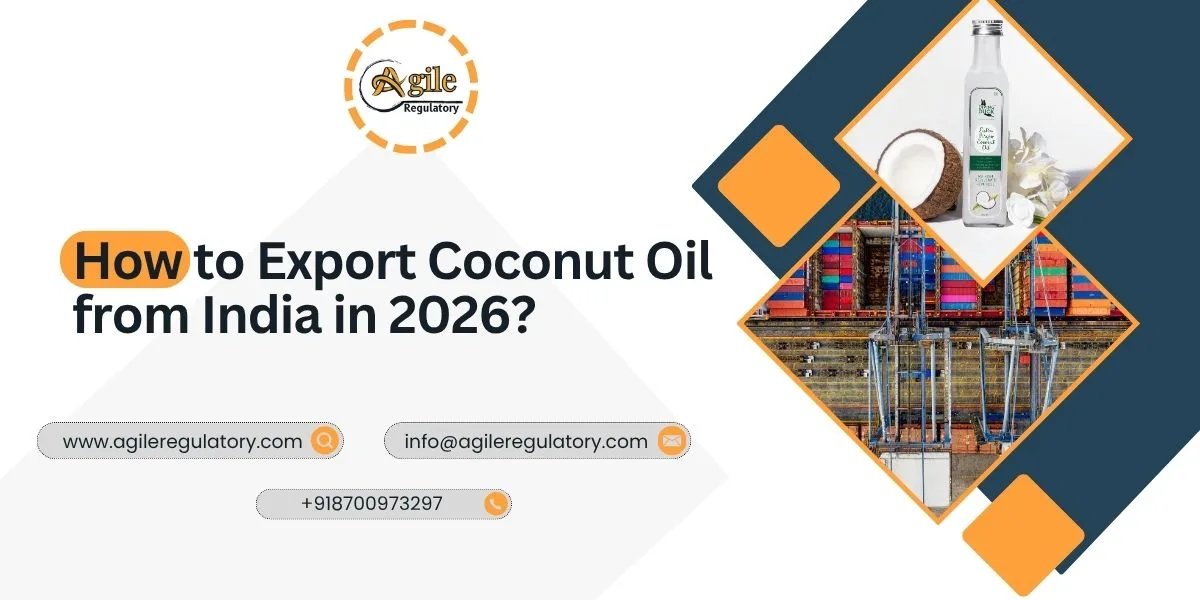

You can export coconut oil from India in 2026 by starting with three simple legal steps. You must first register your business and get your Importer Exporter Code (IEC) right away. After that you must obtain the key food safety license from FSSAI and the export membership certificate from APEDA. The most vital steps for coconut oil export involve strict compliance with international food safety rules obtaining mandatory FSSAI approval and careful product sourcing to meet global quality standards
You must first decide what legal type of business you want.
The Importer Exporter Code (IEC) is the single most important document
You must register your company for the Goods and Services Tax (GST). This is required even if your oil exports are not taxed.
Because coconut oil is an edible item you must follow the rules of the Food Safety and Standards Authority of India (FSSAI)
You must get your Registration-cum-Membership Certificate (RCMC) from the right Export Promotion Council (EPC)
You should register with the Coconut Development Board (CDB). This is not strictly required for every single shipment but it is highly recommended.
Coconut oil is sensitive. Heat and light can spoil it. Your packaging must be strong and meet global standards.
You must find a buyer you can trust. You must also secure your payment before shipping.
The paperwork is the most important part of the entire process. Without the right papers the shipment stops
Starting the coconut oil export business requires navigating many government portals. You need to apply for the IEC. You need the FSSAI license. You need the APEDA RCMC. You must ensure all these documents, especially the critical Health Certificate, are obtained without any errors.
Agile Regulatory specializes in simplifying the entire food export compliance path. We are experts in all DGFT, FSSAI, and APEDA procedures. We handle the full application process for your IEC, FSSAI license, and APEDA RCMC.
Contact Agile Regulatory today. We will ensure your business is fully compliant and ready to export immediately.
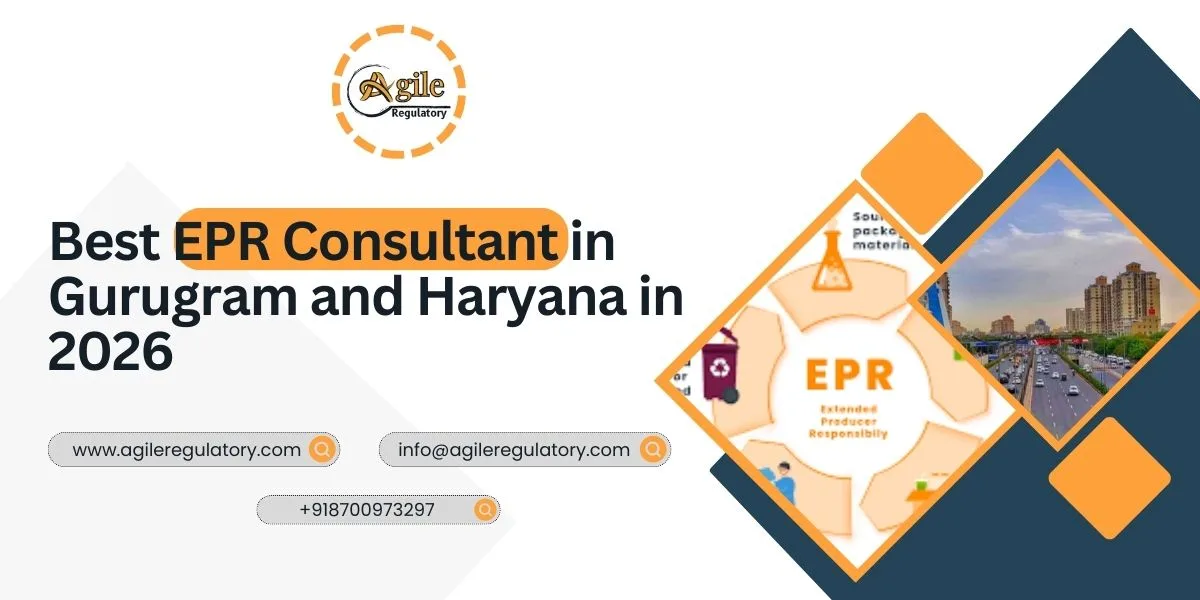
 Nishi Chawla
Nishi Chawla
02 Feb, 2026
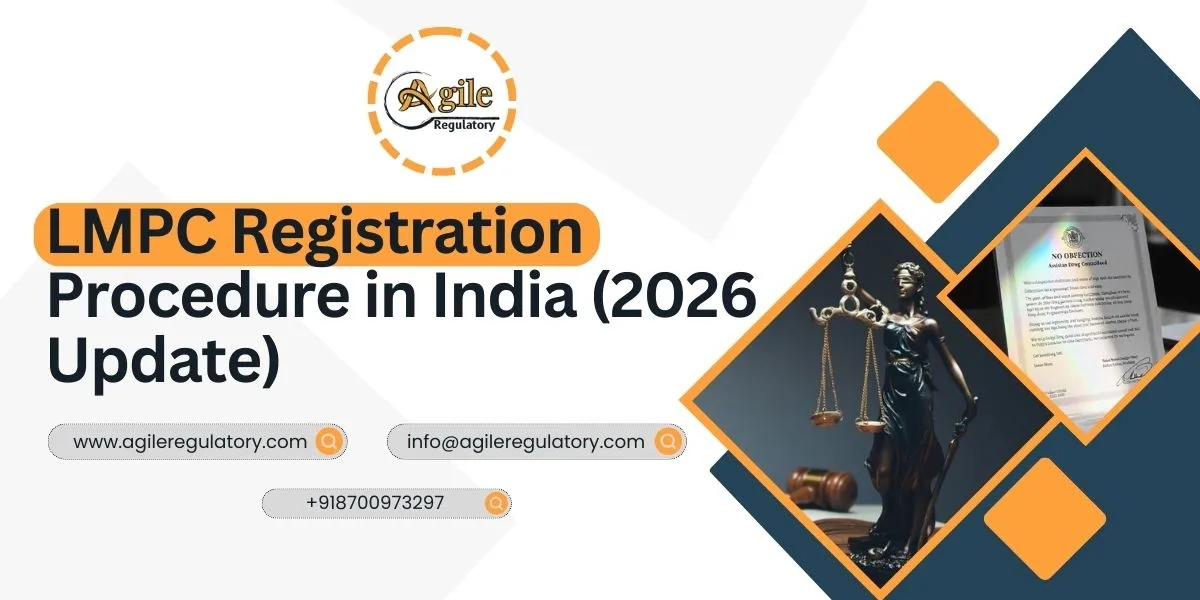
 Nishi Chawla
Nishi Chawla
02 Feb, 2026

 Nishi Chawla
Nishi Chawla
02 Feb, 2026
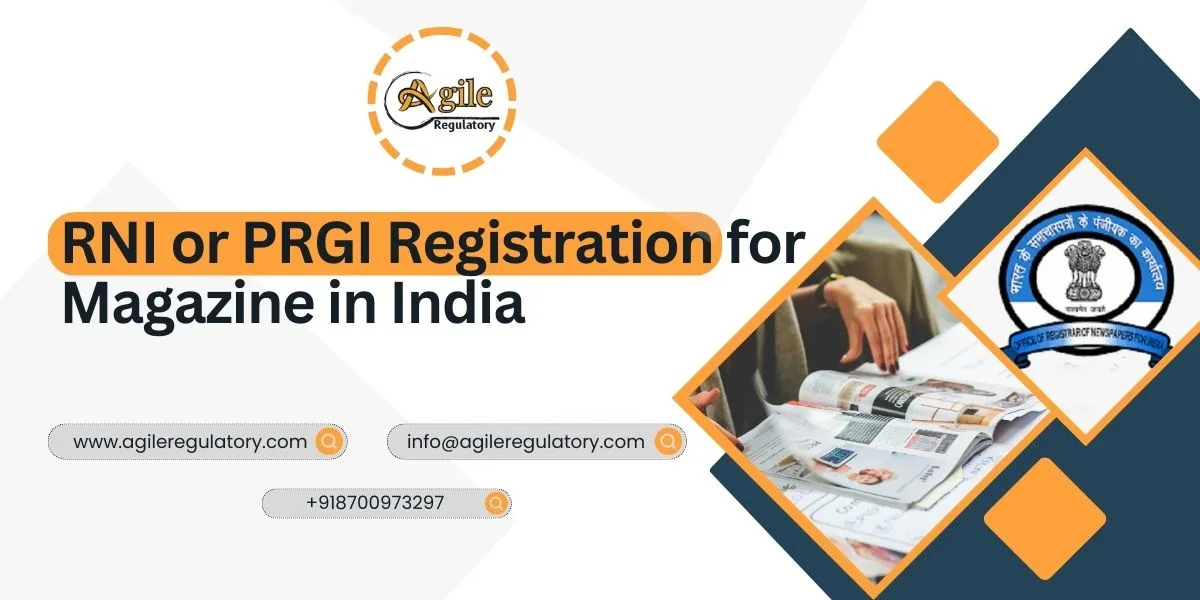
 Vanshika Mathur
Vanshika Mathur
31 Jan, 2026
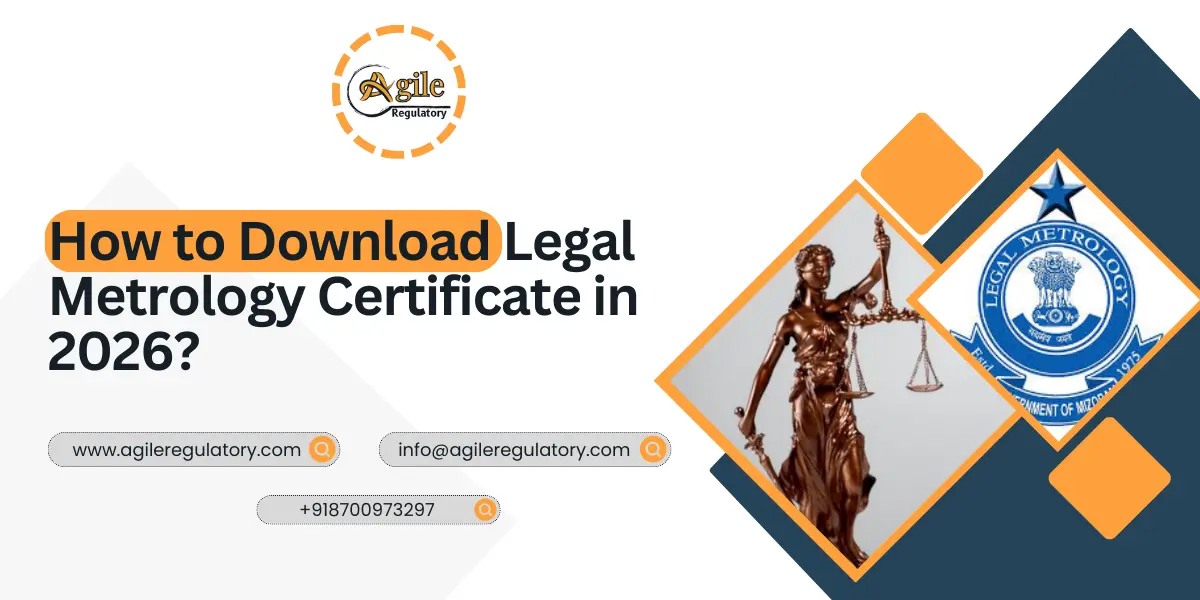
 Divya Saxena
Divya Saxena
31 Jan, 2026

Get Instant Solution By an Expert Advisor
(4.8)
We simplify compliance through a proven 4-step process: Consultation, Documentation, Submission, and certification. From understanding requirements to getting final approvals, we deliver a smooth, timely, and fully compliant journey for your business.
What our customer says about us
Fantastic support from the team. Their expertise transformed our approach, driving remarkable outcomes. A must-have partner for businesses seeking effective consulting solutions. Highly recommended.

KTPL Instruments
Agile Regualtory delivers exceptional solutions. Their insightful guidance streamlined our processes and boosted profitability. Highly recommended for businesses seeking expert consulting services to thrive.

Justrack IOT
Impressed by Agile Regulatory's expertise. Their strategic insights and practical solutions have elevated our business operations. A reliable partner for effective consulting services. Highly recommended for growth-focused businesses.

Coaire Compressor
Extraordinary consulting services. Their insightful solutions and dedicated team reshaped our business, driving remarkable improvements. Highly recommend it for transformative results.

Easy Polymer
Incredible experience with Agile Regulatory. Their innovative strategies and expert advice revitalized our business model, resulting in impressive growth. Highly recommend their exceptional consulting services.

Tarus International
Top-tier consulting! offered strategic solutions that revolutionized our approach. Their deep expertise and personalized guidance made a significant impact on our success. Highly recommend their services.

Anchor Weighing
Agile Regulatory exceeded expectations! Their tailored solutions, expertise, and proactive approach led to remarkable results. Highly recommend for businesses seeking impactful and strategic guidance.

AM Capacitor
Outstanding service! delivered targeted solutions with professionalism and expertise. Their insights elevated our business strategies, resulting in noticeable growth. Highly recommended for exceptional consultation.

Imaxx Pro Aquistic
Leave a Reply
Your email address will not be published. Required fields are marked *